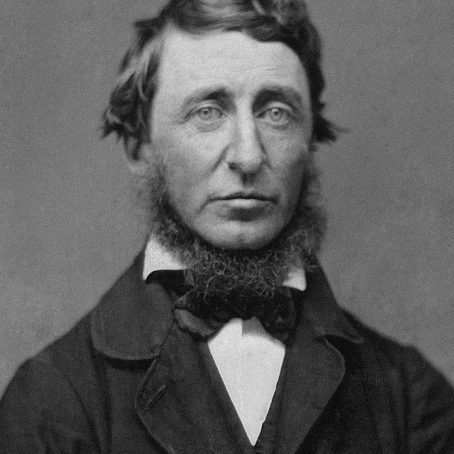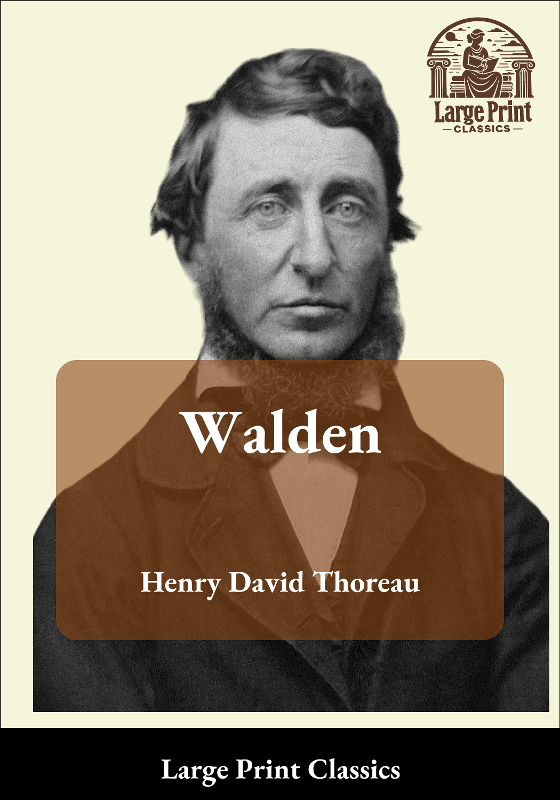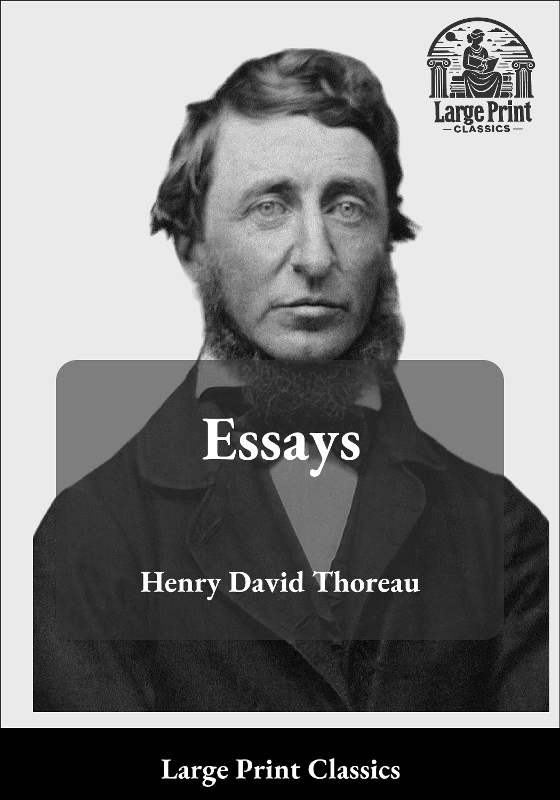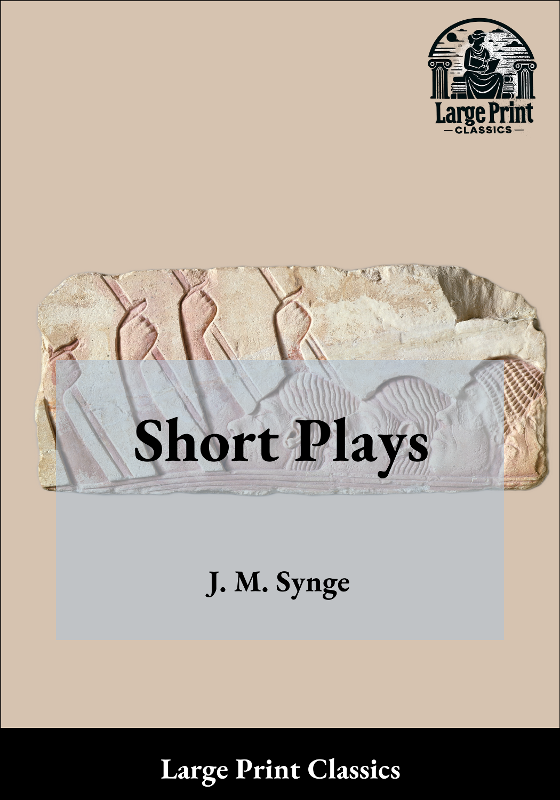
Henry David Thoreau
Biography and Books
Biography
Henry David Thoreau (1817-1862) was an American essayist, poet, and philosopher, best known for his profound reflections on nature, society, and the individual’s relationship with the world. Born in Concord, Massachusetts, Thoreau was a pivotal figure in the transcendentalist movement, which emphasized intuition, spirituality, and the inherent goodness of both people and nature. He studied at Harvard University, where he developed a keen interest in philosophy, literature, and the natural sciences. Thoreau’s most acclaimed work, “Walden,” is a reflection on simple living in natural surroundings, chronicling his two years spent in a cabin near Walden Pond. This seminal text has inspired generations to seek a deeper connection with nature and to question societal norms.
In addition to “Walden,” Thoreau wrote several other influential works, including “A Week on the Concord and Merrimack Rivers” and a collection of essays that explore themes of civil disobedience, self-reliance, and the importance of individual conscience. His essay “Civil Disobedience” remains a vital treatise on the moral imperative to resist unjust laws and has influenced numerous social and political movements worldwide. Thoreau’s legacy endures through his writings, which continue to resonate with readers and activists who advocate for environmentalism, simplicity, and social justice. His unique blend of lyrical prose and philosophical insight solidifies his place as one of America’s most enduring literary figures.


